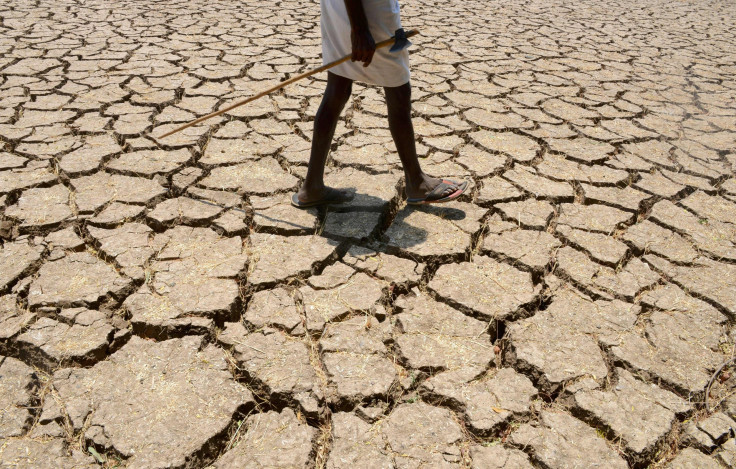Climate Change: Olympic Games’ Future At Risk, Researchers Say

Rising temperatures and changes in humidity caused by climate change will severely affect the future of the Olympics, researchers said. Only eight cities in the Northern Hemisphere outside Western Europe will be cool enough to host the summer games by 2085.
“Climate change could constrain the Olympics going forward,” Kirk Smith, co-author of the commentary published Saturday in the Lancet journal, said in a statement.
The commentary is part of a larger study focusing on climate change and the future of outdoor Olympics. The study, which is yet to be published, focused on the Northern Hemisphere, home to nearly 90 percent of the world’s population. It used data from two climate models, which projected the rise in temperatures over the next century. This data was then applied to current safety procedures that determine whether a city has the potential to host the games.
The authors studied only those cities that are home to at least 600,000 residents, as per the guidelines of the International Olympic Committee. Cities with an elevation of over a mile above sea level were dismissed.
The researchers found that cities that had a ten percent chance of cancelling a marathon on short notice would not be viable host cities. The marathon is one of the signature outdoor events in the Olympics. “If you’re going to be spending billions of dollars to host an event, you’re going to want have a level of certainty that you’re not going to have to cancel it at the last minute,” Smith said.
This ten percent mark is currently in use to weed out cities in their bid to host the Winter Olympics. If the potential host city is unlikely to produce enough snow or cold enough temperatures for the games, its chances of being the host city start to falter.
The researchers found that by 2085 Istanbul, Madrid, Rome, Paris and Budapest would be unfit to host the games. The host for the 2020 Olympics, Tokyo, would be too hot to host another such event if the projections were to turn into reality.
St. Petersburg in Russia, Riga in Latvia, Bishkek in Kyrgyzstan and Ulaanbaatar in Mongolia would be among the eight “low risk” cities outside western Europe. Western Europe would possess 25 “low risk” cities in 2085, the researchers found.
Calgary, Vancouver and San Francisco would be the only suitable sites in North America while Latin America and Africa would be unable to provide a single potential host city. If the projections turn into reality, by the 22nd century only four cities in the Northern Hemisphere would be viable hosts Belfast and Dublin in Ireland and Edinburgh and Glasgow in Scotland.
“Climate change is going to force us to change our behavior from the way things have always been done,” Smith said. “This includes sending your kids outside to play soccer or going out for a jog. It is a substantially changing world. If the world’s most elite athletes need to be protected from climate change, what about the rest of us?”
© Copyright IBTimes 2024. All rights reserved.






















